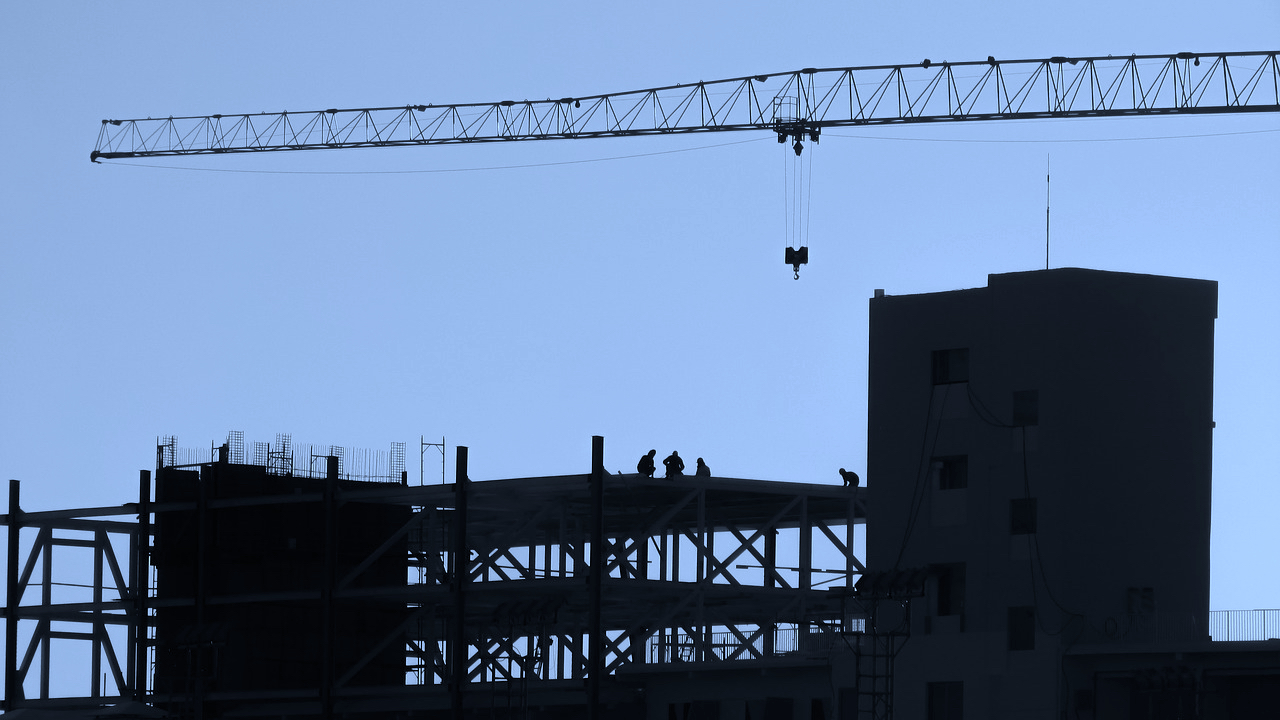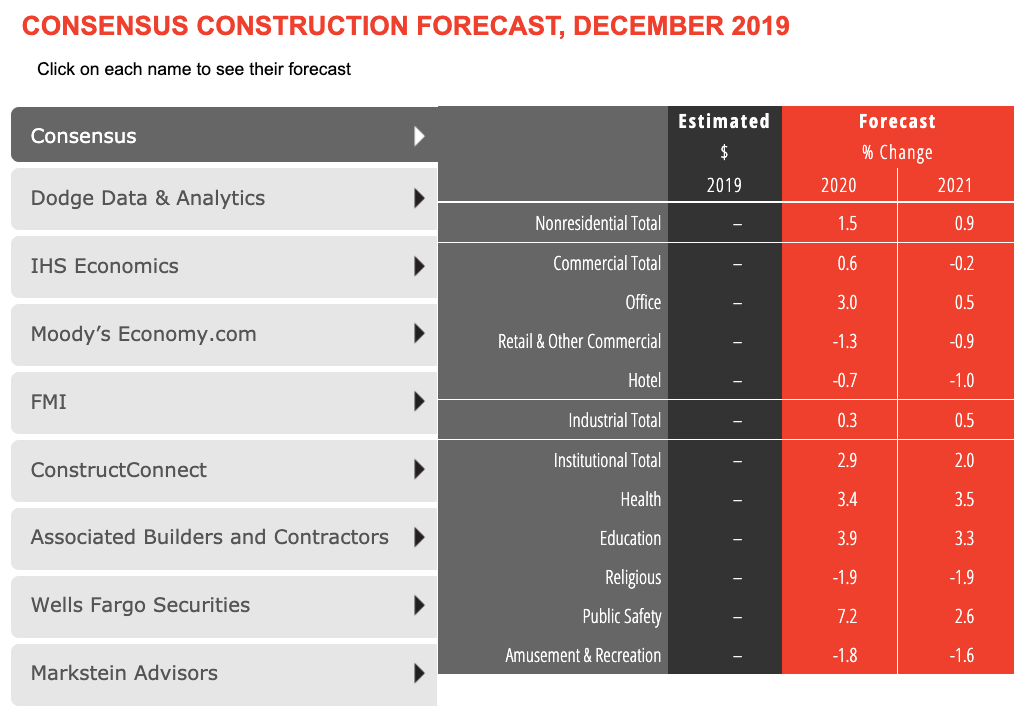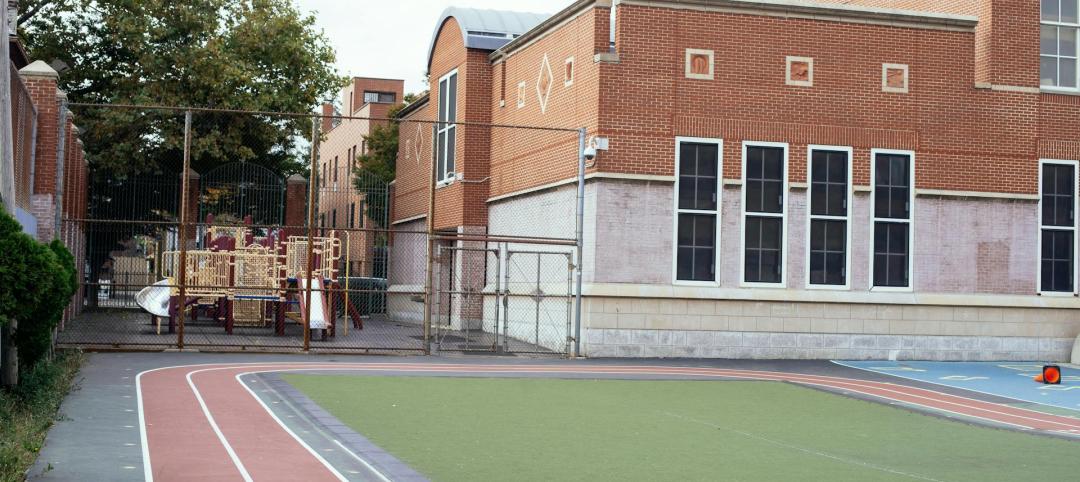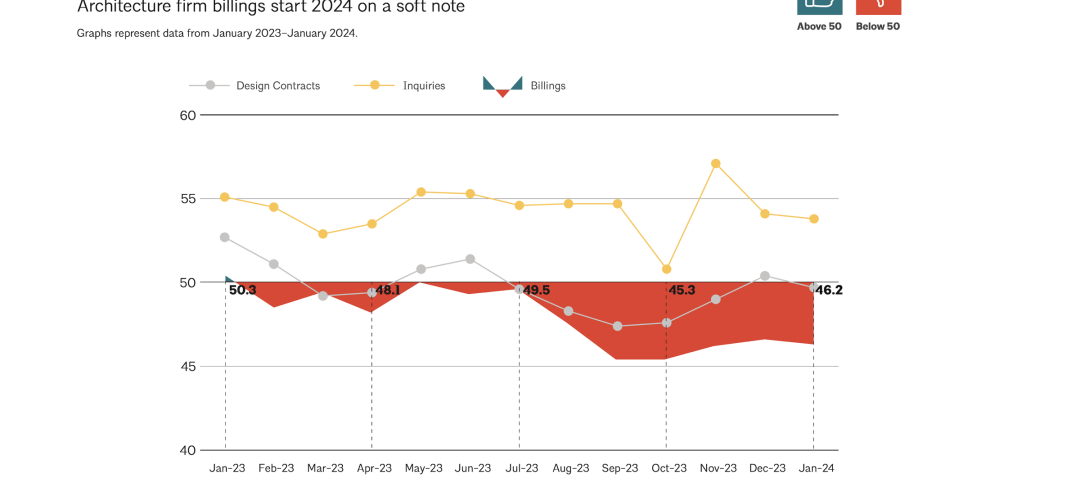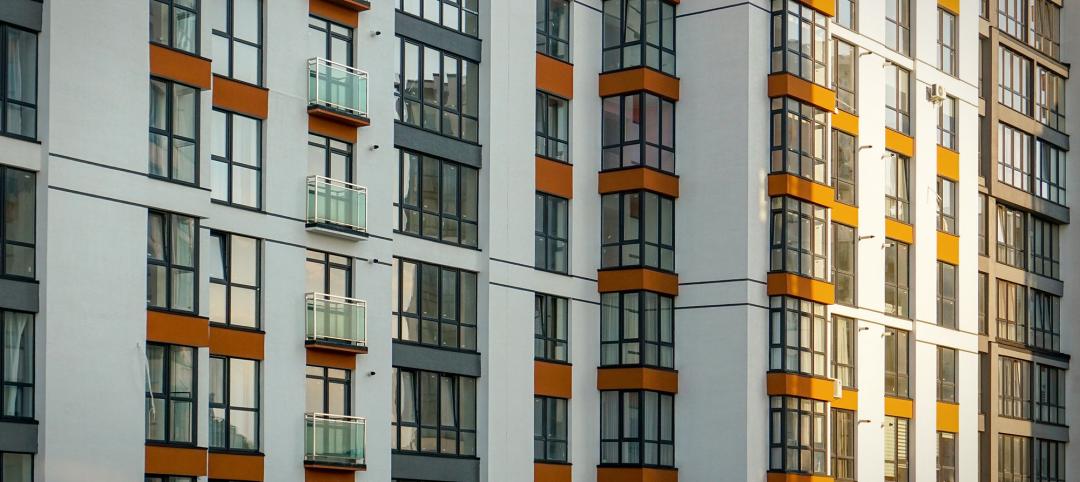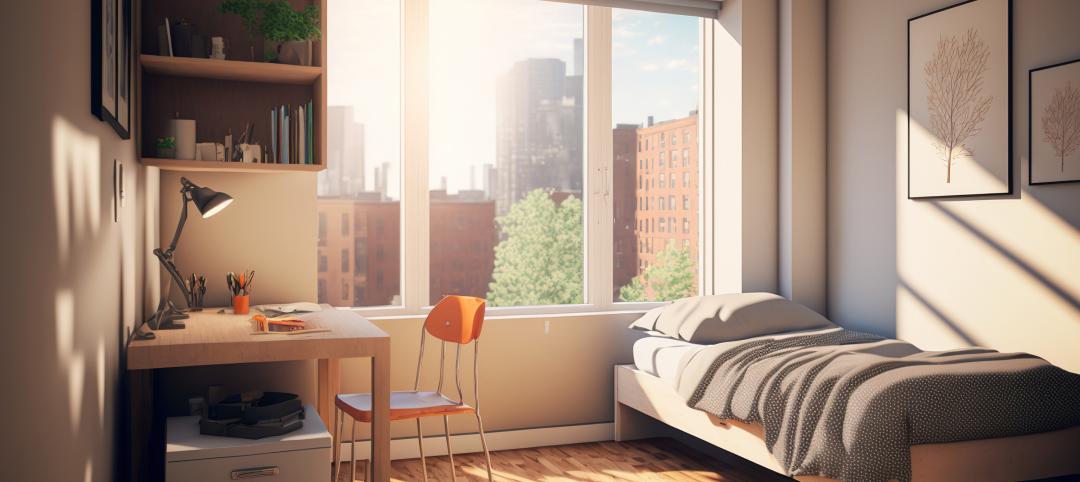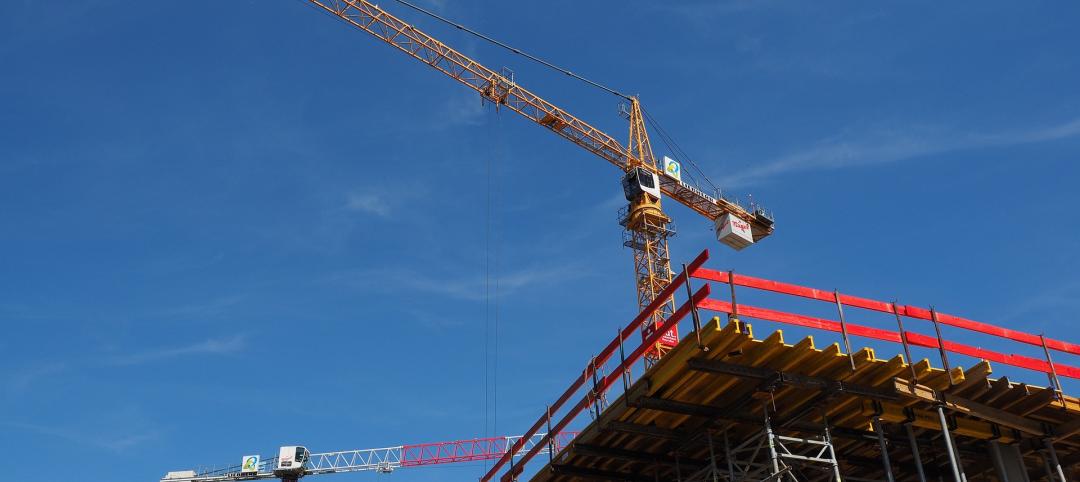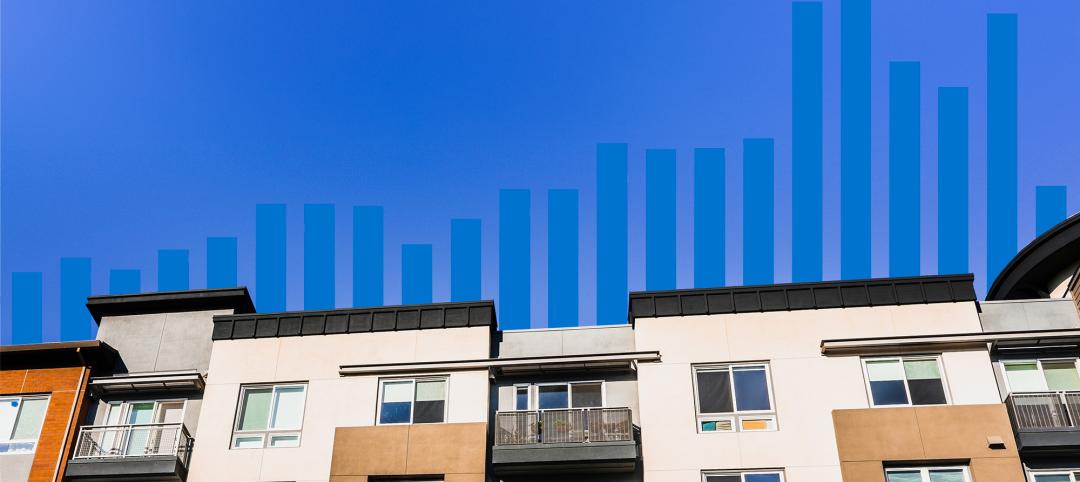Following modest increases in construction spending for nonresidential buildings in 2019, economists from eight leading industry organizations forecast slight growth in 2020 and 2021—1.5% and 0.9%, according to AIA's latest Consensus Construction Forecast panel.
Public safety, education, healthcare, and office are the bright spots in a market that is entering growth-slowdown mode. However, no downturn is projected by the economists.
The public safety sector is expected to grow 7.2% in 2020, followed by education (3.9%), healthcare (3.4%), and office (3.0%). Four sectors—hotels, religious facilities, amusement/recreation, and retail—will take a step back in construction spending in 2020, according to the report.
More from the AIA Consensus Construction Forecast:
Construction spending last year was surprisingly weak, but current estimates suggest the industry had a modest increase in 2019. Retail construction activity was expected to underperform in 2019 but did not see the double-digit percentage declines that were expected. The AIA’s Consensus Construction forecast panel expects similar conditions this year and next.
“The broader economy is expected to continue to see slower growth this year, but the number of potential trouble spots seems to be diminishing,” said AIA Chief Economist Kermit Baker, Hon. AIA, PhD. “Revenue trends at architecture firms saw an uptick in the fourth quarter last year, which suggests construction spending will continue to see growth in the coming quarters.”
Related Stories
K-12 Schools | Feb 29, 2024
Average age of U.S. school buildings is just under 50 years
The average age of a main instructional school building in the United States is 49 years, according to a survey by the National Center for Education Statistics (NCES). About 38% of schools were built before 1970. Roughly half of the schools surveyed have undergone a major building renovation or addition.
MFPRO+ Research | Feb 27, 2024
Most competitive rental markets of early 2024
The U.S. rental market in early 2024 is moderately competitive, with apartments taking an average of 41 days to find tenants, according to the latest RentCafe Market Competitivity Report.
Construction Costs | Feb 22, 2024
K-12 school construction costs for 2024
Data from Gordian breaks down the average cost per square foot for four different types of K-12 school buildings (elementary schools, junior high schools, high schools, and vocational schools) across 10 U.S. cities.
Student Housing | Feb 21, 2024
Student housing preleasing continues to grow at record pace
Student housing preleasing continues to be robust even as rent growth has decelerated, according to the latest Yardi Matrix National Student Housing Report.
Architects | Feb 21, 2024
Architecture Billings Index remains in 'declining billings' state in January 2024
Architecture firm billings remained soft entering into 2024, with an AIA/Deltek Architecture Billings Index (ABI) score of 46.2 in January. Any score below 50.0 indicates decreasing business conditions.
Multifamily Housing | Feb 14, 2024
Multifamily rent remains flat at $1,710 in January
The multifamily market was stable at the start of 2024, despite the pressure of a supply boom in some markets, according to the latest Yardi Matrix National Multifamily Report.
Student Housing | Feb 13, 2024
Student housing market expected to improve in 2024
The past year has brought tough times for student housing investment sales due to unfavorable debt markets. However, 2024 offers a brighter outlook if debt conditions improve as predicted.
Contractors | Feb 13, 2024
The average U.S. contractor has 8.4 months worth of construction work in the pipeline, as of January 2024
Associated Builders and Contractors reported today that its Construction Backlog Indicator declined to 8.4 months in January, according to an ABC member survey conducted from Jan. 22 to Feb. 4. The reading is down 0.6 months from January 2023.
Industry Research | Feb 8, 2024
New multifamily development in 2023 exceeded expectations
Despite a problematic financing environment, 2023 multifamily construction starts held up “remarkably well” according to the latest Yardi Matrix report.
Market Data | Feb 7, 2024
New download: BD+C's February 2024 Market Intelligence Report
Building Design+Construction's monthly Market Intelligence Report offers a snapshot of the health of the U.S. building construction industry, including the commercial, multifamily, institutional, and industrial building sectors. This report tracks the latest metrics related to construction spending, demand for design services, contractor backlogs, and material price trends.


